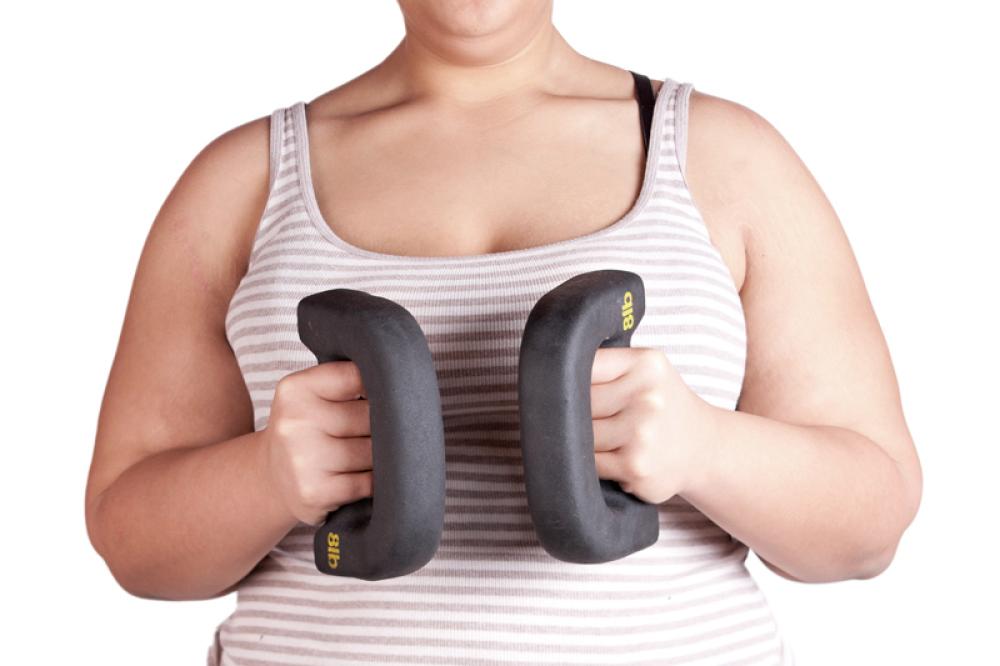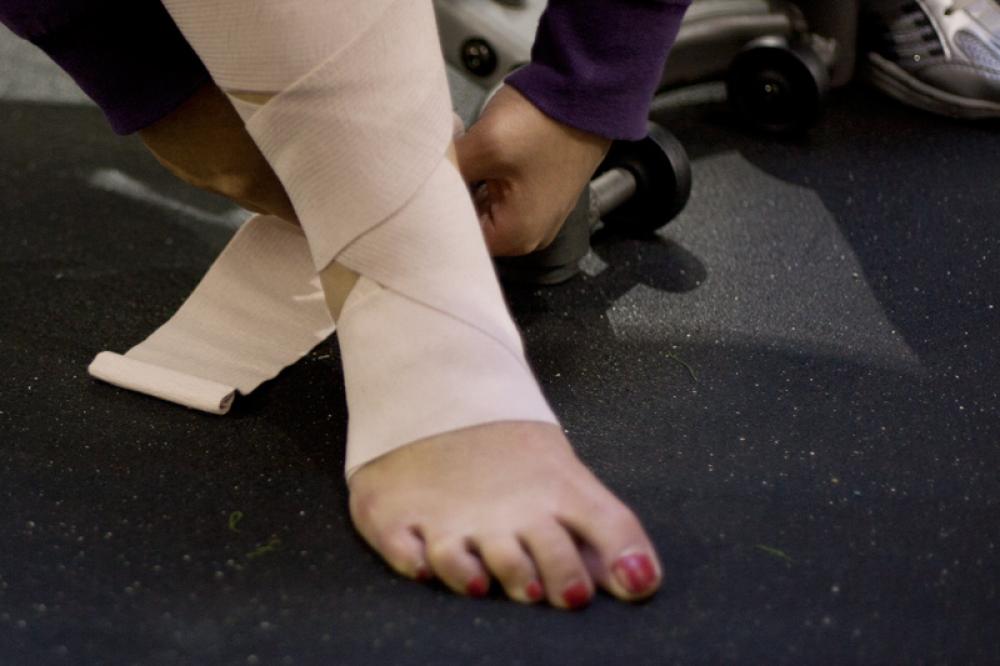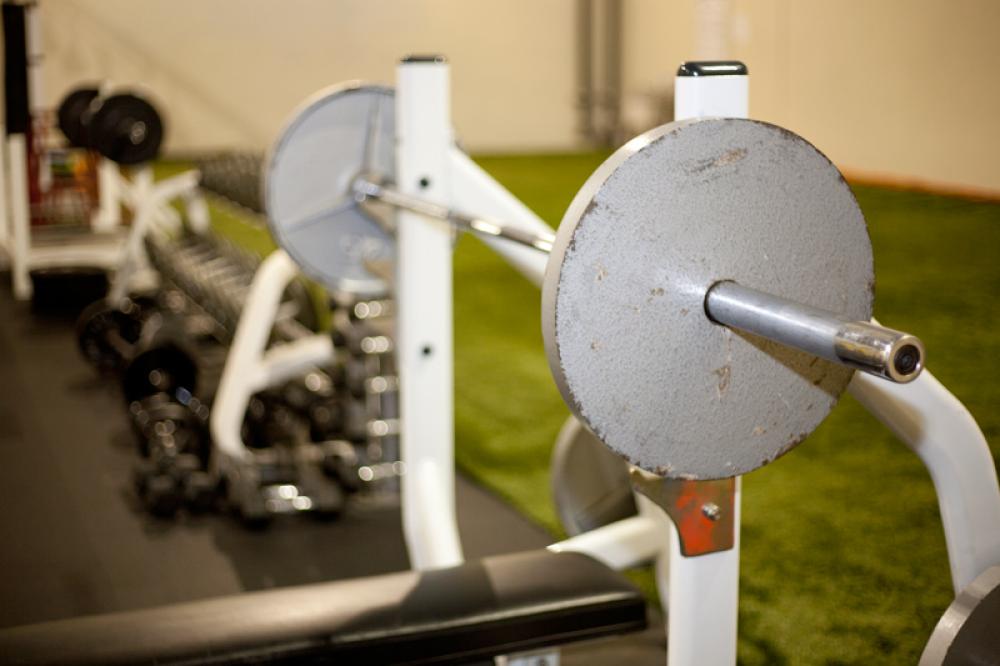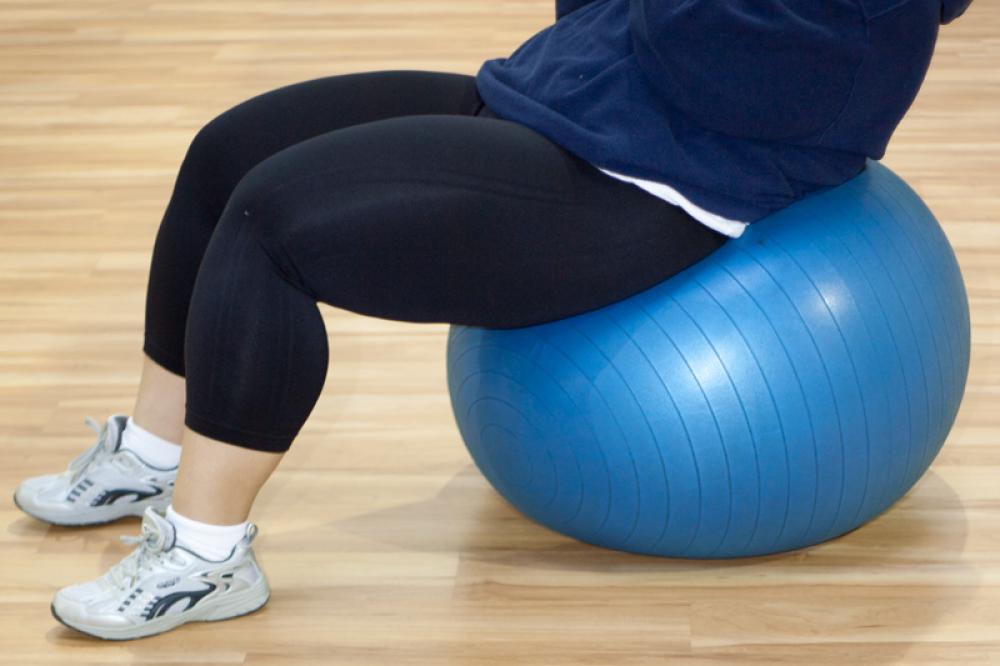Stage I – Post-Op and the Hospital Diet
At this time, Dr. Belsley and the hospital team will be monitoring your progress by seeing how well you tolerate low-sugar, non-carbonated liquids such as water, tea, and broth. Sugar-free gelatin is another option. Use a cup to drink and avoid sipping from a bottle or straw.
4 x 4 diet progression
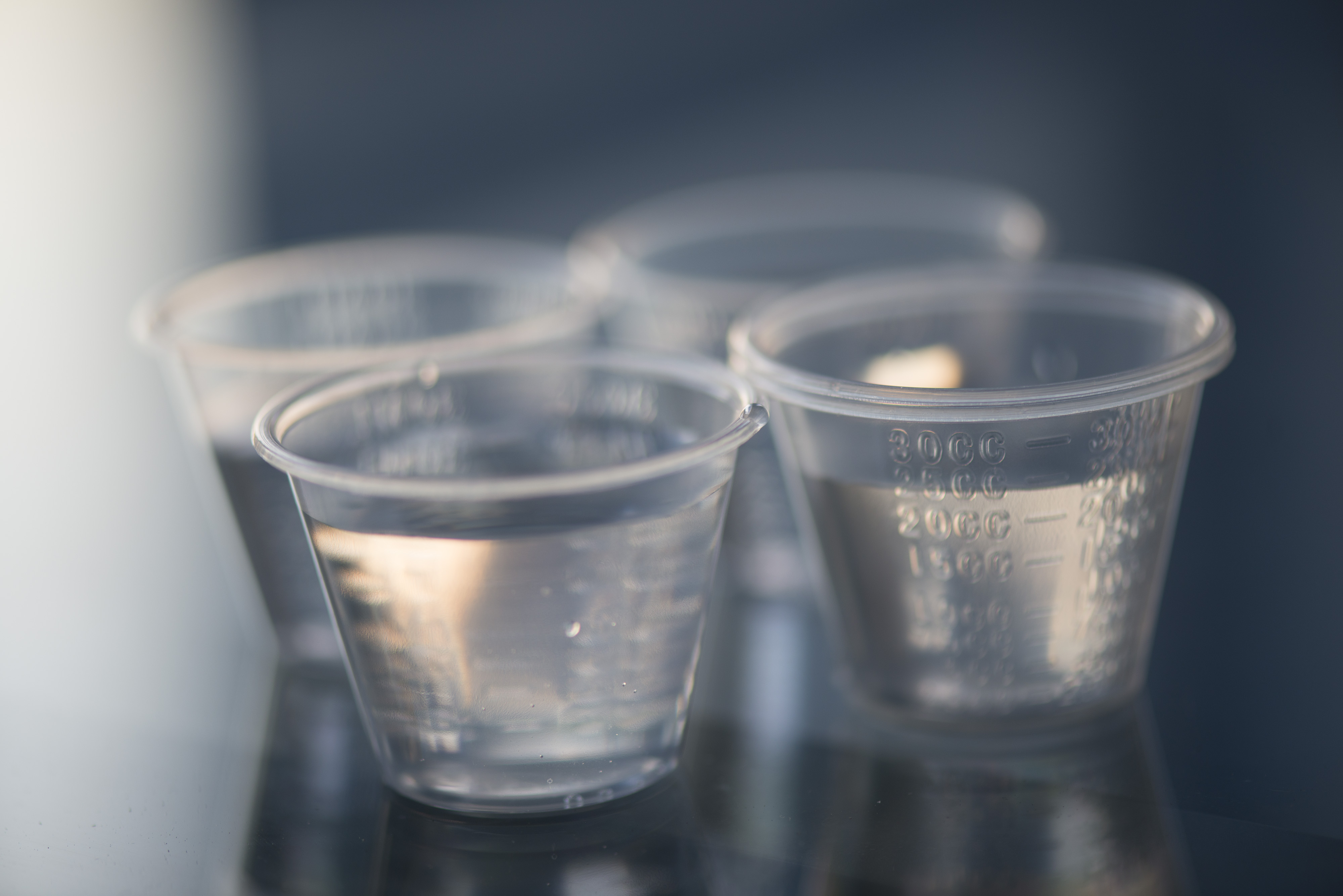
Only clear liquids are allowed initially. Avoid sweetened beverages unless sweetened with a sugar substitute.
The 4 x 4 Rule
Please follow the 4 x 4 rule after your surgery. Start off with 1 ounce of liquid sipped slowly over 1 hour. This means that you should sip the fluid throughout the entire hour. This does not mean that you should gulp the entire one ounce and then wait another hour to try again. As tolerated, fluids will be increased in 1 ounce increments every 4 hours to a goal rate of 4 ounces per hour while awake.
The hospital will send normal sized portions of liquids. It will be up to you to regulate how much you consume.
Once you are able to consistently tolerate 4 ounces of liquid each hour, then you will be ready for discharge. Dr. Belsley often allows both his gastric bypass and his sleeve patients to return home after one overnight stay in the hospital. A minimum of 48-64 oz. (6-8 cups) of liquids should be consumed daily to replace fluid losses and prevent dehydration. It should take you 12-16 hours to drink 48-64 oz. of liquid. Please remember not to drink more than 4 ounces over a 1 hour period at first. As long as you have no nausea or vomiting, over the course of a few days, while at home you can slowly increase the amount you drink depending on your thirst.
STOP DRINKING IF YOU FEEL FULLNESS, PAIN, OR DISCOMFORT
Occasional vomiting sometimes occurs as food intolerances vary on an individual basis.
Liquids should be sipped very slowly to avoid stretching your pouch. Do not use a straw. Drinking through a straw can overfill your pouch with liquid and air. If the pouch gets full very quickly, you may experience nausea, vomiting and pain.
A swallow study may be performed in the hospital
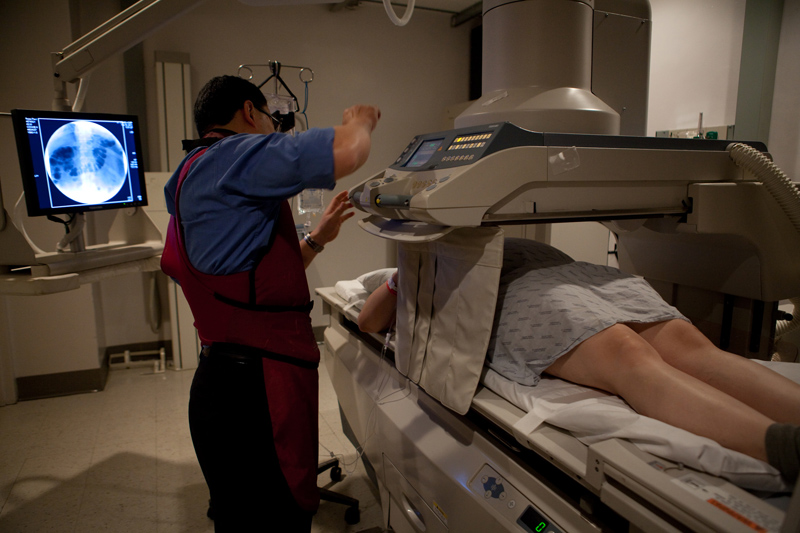
Unexpected Changes in Taste
You may experience changes in taste and appetite as well as sensitivities to certain smells. An example of a change of taste that occurs and that is not well understood by doctors is intolerance to particular flavors of toothpaste. Some patients who used to love coffee before the laparoscopic gastric bypass find that the smell of coffee makes them nauseous after the operation. These changes although common, do not have an obvious medical explanation.
You may not feel hungry or want to eat, but it is important to consume some liquids or protein supplements at intervals in order to recover from surgery and stay healthy.
During the first week after your operation, the most important diet advice is that you keep yourself hydrated. Do not be frustrated if you are not able to tolerate protein-shakes. If you are able to tolerate the appropriate amount of water and keep yourself hydrated then you are most likely doing fine. Please feel free to call the office with questions at any point during your postoperative care.
Remember your commitment to a healthy lifestyle
The surgical procedure is only one part of your journey. Bariatric surgery can help normalize feelings of satiety and food cravings. Although the operations change the way in which your body processes food, some of these changes are only temporary. It is important that you start life-affirming habits that will help you succeed. If you’re ready to commit, you need to both research and practice the knowledge and tools to maintain healthy habits.
Hydration and a New Attitude







